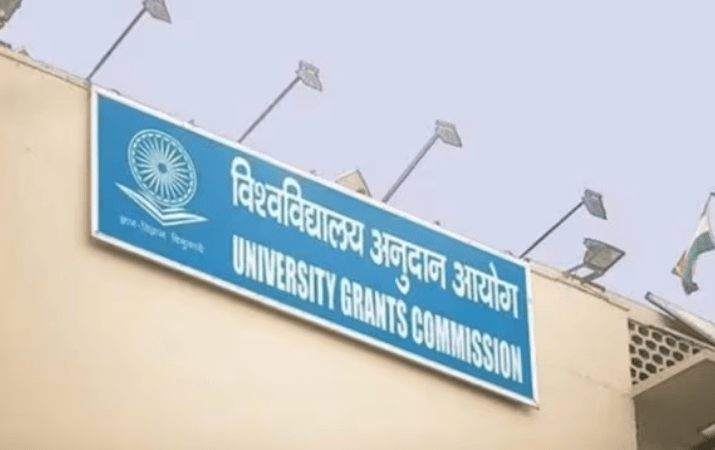The University Grants Commission (UGC) in its new draft guidelines has proposed to make participation in NAAC or NBA programmes, NIRF ranking, and 75% of sanctioned teaching positions filled, to be crucial criteria to receive grants from the Centre.
If approved, the draft guidelines “UGC (Fitness of Colleges for Receiving Grants) Rules, 2024” will replace 1975 UGC guidelines that cover all institutions recognised by the commission. The new rules, aligned with the National Education Policy 2020, will be applicable to every college affiliated to universities that are established by a central or under a state act under Section 2(f) of the UGC Act, 1956. The UGC has sought comments from the public by March 4, 2024, on this draft policy.
To maintain quality standards across all institutions, the UGC has made it mandatory for colleges to be listed under Section 2(f), which allows implementation of statutory rules across all colleges and holds colleges accountable to the UGC. The draft policy paves way for these colleges to get a 12(B) making the college eligible for receiving grants from the UGC, Centre, and other funding agencies for varied academic and research activities. The 12(B) status only makes colleges eligible for funding.
The existing guidelines cover only broad areas; institutions which offer either up to bachelor’s degree or up to a postgraduate degree only or provide diploma courses of duration of not less than one academic year were deemed fit to receive funding from the Centre. With the new guidelines, the criteria will expand more than just offering courses and its duration as its eligibility criteria to receive grants.
Expanding the scope of the earlier guidelines, the UGC has proposed that universities should either have accreditation awarded by the National Assessment and Accreditation Council (NAAC) – primary body for assessing and accrediting higher education institutions – or have at least 60% of the programmes, in case a college offers more than three programmes accredited by the National Board of Accreditation (NBA) – another statutory body that assess the qualitative competence of programmes. In case a college offers less than three programmes, then each of the eligible programmes must have been accredited, the guidelines states.
In case the educational institutes does not have both NAAC or NBA accreditation, then they should be ranked in the National Institutional Ranking Framework (NIRF) at least thrice after participating five times or at least twice after participating thrice.
To be eligible, the draft states, colleges that not only charge a reasonable fee prescribed by the appropriate authority at the Central or state government but also do not take capitation fees or any unauthorised fees will be considered for receiving grants. A proof of certificate will also be submitted by the college, endorsed by the university for credibility to receive funding.
Colleges will be required to have at least 75% of the total sanctioned teaching posts filled and duly follow reservation policy, the draft states. Not just hired, but the teachers will have to be paid according to the UGC or Central or state government policy as well.
The draft guidelines also make it necessary for colleges to submit an undertaking that they will refund unutilised funds received by the UGC or any other government funding agency. “The sponsoring Society/Trust shall also submit an undertaking agreeing to refund such part of the grants,” the guidelines said.
The colleges can apply online on the UGC portal to be considered for recognition under Section 12B of the UGC Act, 1956, which makes them eligible to receive grants. The affiliating university will be responsible for examining this application and recommend the UGC for approval within 60 days. If at any point, the UGC finds a college in violation of its rule, their status can be withdrawn, the draft states.
Courtesy : The Indian Express








